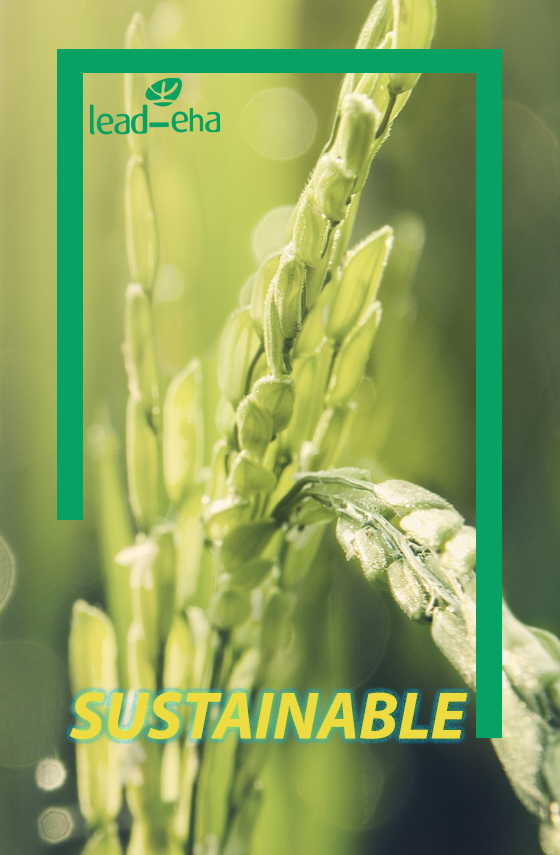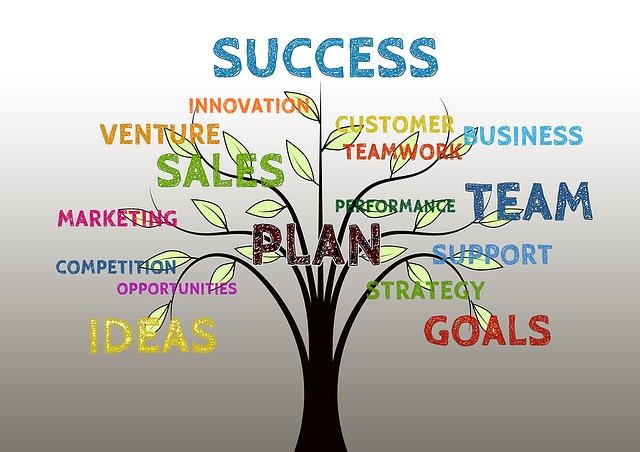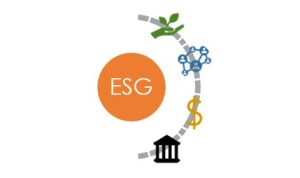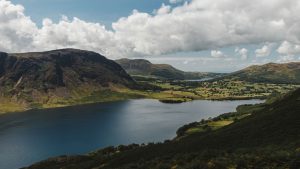By Anthony Mugo It may appear like a long time ago when the Nairobi Stock Exchange (NSE) gave listed companies...
Read MoreLeadership & Environment Development
LEAD-EHA is engaged with contemporary issues relating to sustainability and the urgent change that needs to be made to protect our planet. Check out some compelling insights towards material on climate change
OUR PROGRAMMES
Training and Capacity Building
Partnerships and Networks
Knowledge Management
Policy and practice influencing
Sustainable Use of Natural Capital

WHY LEAD-EHA
The passion behind the birth and growth of LEAD-EHA is the desire to tackle an ever-increasing challenge of poverty, growing populations, reduced food production capacity, increasing ecological degradation and effects of a changing climate. We aim to continue and enhance partnerships with like-minded organisations and individuals with a resolute ambition to ‘leave no one behind’.
One of the key policies of LEAD-EHA is to build a robust leadership capacity for all sectors in a sustainable development, the philosophy of planet before profit and an all-inclusive development frame work that guides decision making
In partnership with the Global LEAD organisation (www.lead.org), we also aim to promote an understanding of ‘planet before profit’ principles in our decision making, both in private and public pursuits.
On Environment
Our dependence on the natural environment is absolute. A well-managed environment produces goods and services for the society today, as well as for future generations.
We believe that the health, wellbeing and productivity of the people depends on goods and services drawn from natural resources, providing food, water, clean air and other products of nature. In the 21st Century the challenge to provide these basics are growing more complex, in the face of rapid economic expansion, pollution, climate change, ecological degradation and population growth.
We believe in creating pathways for improvement of the quality of life, general well being, economic empowerment and inclusion in the region. Perennial problems in the region include ecological degradation, food insecurity, old and emergent diseases, political conflict, business instability and water scarcity: these require focused, strong and transformational leadership to address.Our vision is one that includes equity, equality, access to basic services, enablers of wellbeing and sustainable provisioning of environmental goods and services. Leadership from a diverse set of partners is necessary to deliver this.
The Context
The Eastern and Horn of Africa region is a place of extreme asymmetries in space and in time, with people-scapesthat are never static, with rapidly expanding urban populations, widely varying governance capacity and somewhat unpredictable political and policy processes. This is mirrored by extremes in ecosystem change: floods, droughts and land-use change are proximate drivers of landscape structure and processes. Global and continental economic issues and multi-national policies and agreements rapidly spill over into local and national practices in the region.
With fast internet speeds and mobile telephony penetration, information and communications move at an ever-increasing pace and from a dizzying height; global change, powered by technology, is no longer as slow as it used to be and its feedback to grassroots is as quick as it is unpredictable.
The regions’ inhabitants have demonstrated extraordinary resilience and adaptability in the face of tumultuous political, economic and climatic change, and yet the pace of adaptation in society outstrips that of policy makers and business leaders. At grassroots level, chaos and unpredictability is buffered by flexibility and opportunism in the livelihood strategies of the poor, mediated by cultural spiritual rootedness. Culture, identity and place attachment, in many cases underpinned by ecosystem services, are anchors to create stability.

Latest Events
Latest From Our Blog
Food Systems Fellowship
Leadership Development Program
The food systems 2022 fellowship program is open for application.
Combining climate action with agri-business key in transforming Africa
An emerging school of thought about implications of climate change sheds light on a dimension of the phenomenon that is rarely given...
Read MoreRadical Plan to salvage Nairobi River and the Athi basin is urgently needed
Since 16th August 2019 when the Daily Nation published the first instalment of the story about the wanton pollution of Nairobi River titled Toxic...
Read More



